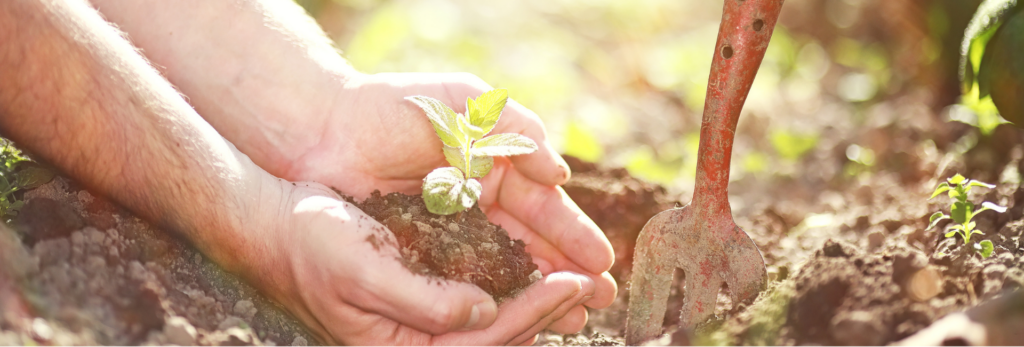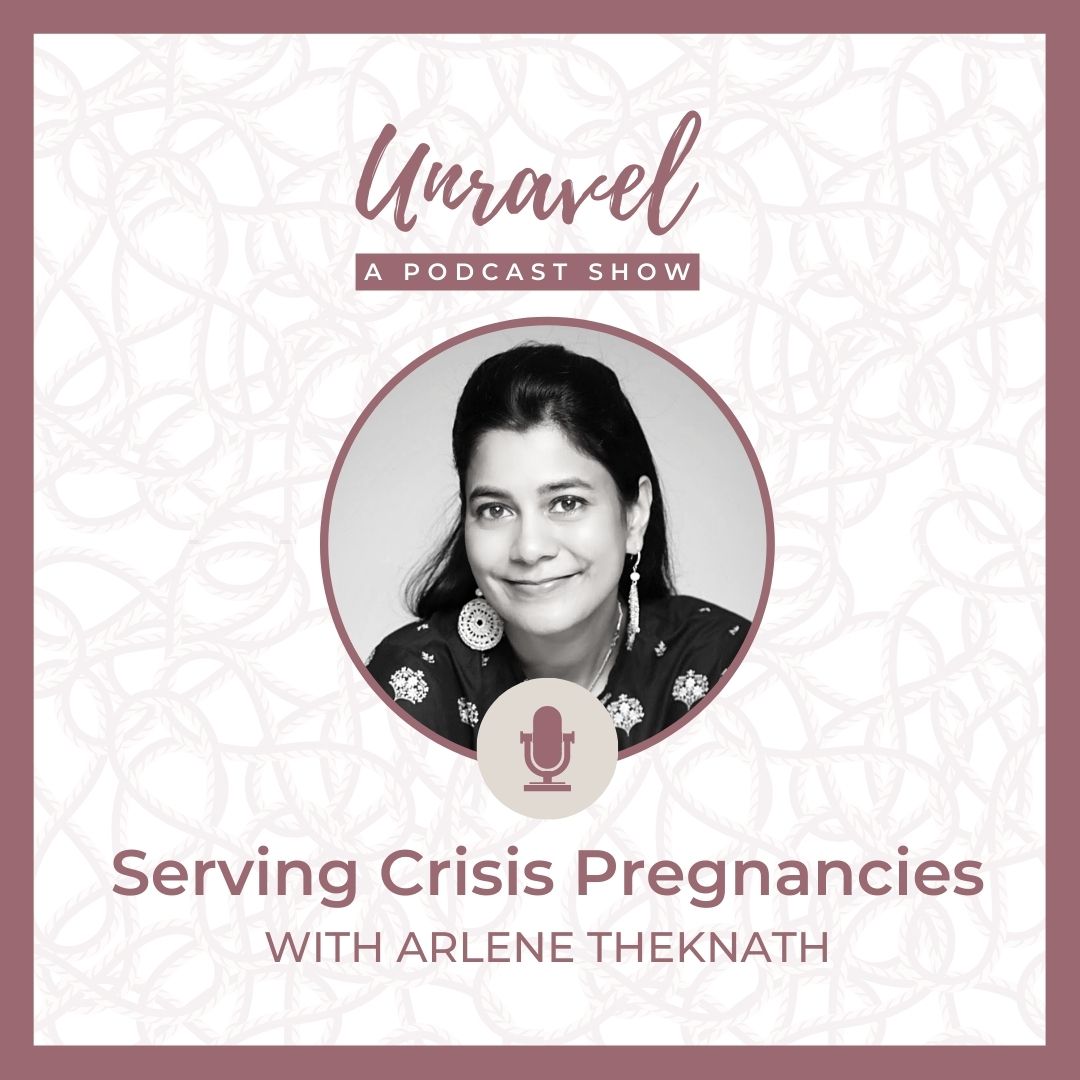GOALS FROM THE GARDEN
We are onto that time of the year wherein people optimistically set goals. If you’re fresh into this year and find the goals you’ve set have given you an appetite for more, then this post is what you need.
Over the years, I have learned that leadership is all about being intentional. Intentional leadership creates intentional goals. Ultimately, the purpose of goals is growth. What changes or shifts are you willing to make to move from goals to growth? How you will demonstrate your passion in action?
In thinking about the challenges of nurturing real growth, I often use the analogy of a garden. Qatar may be a desert home for most of us living here, but that doesn’t mean we must lack the greenery available to make our homes a little jungle oasis in the sandpit—if we are intentional. Gardens require planning, cultivation, and the right choice of soil. Yet sometimes, even all our planting, pruning, and weeding fail to produce the bountiful harvest we hoped we would. But I have learned that when I labor, I am connected to a larger process—not just an end result. Sometimes my knees ache from bending over and my muscles cramp from relentless digging; even then, I am thankful, for these difficulties which clarify my craving for quick fixes and my desire to give up when the pain begins in earnest.
When I labor, I am connected to a larger process—not just an end result.
To what extent am I willing to steward and care through soaring summer temperatures or freezing winter nights? Am I willing to press on through blisters and aches? Proverbs 14:23 wisely teaches us that “In all toil there is profit, but mere talk leads only to poverty.” This is true in gardening and in life.
Here are a few goals, drawn from my own garden, that I hope will enable your own intentional growth:
Prioritize Growth
Set personal goals that are growth oriented. No one deserves more investment than you. If your garden is healthy and bountiful, it will attract and influence others towards it. Often, our goals are intangible and drawn from wishful thinking or things we see in other people. By setting smart, measurable goals that move you towards growth, you allow for opportunities of greater commitment. Don’t go a single day without asking: how can I grow today?
Sight v/s Vision
Often, leaders settle for just seeing, not observing, their surroundings. If they see weeds or pests or hard soil, they give up and look elsewhere. Intentional leaders have the vision to see even the smallest possibilities. When you look around, what do you see?
When you are intentional about growth, everything you see, including obstacles, become an opportunity to grow.
Ask Questions
For intentional leaders, learning never stops. They understand that growth is not something that comes looking for them; it is something they must cultivate. That often means that they must step out of their comfort zones and ask questions of people who have accomplished the bounty that they are pursuing. Such questions are a gateway to great conversations that serve as catalysts for growth. Questions open dialogue between people, giving leaders the opportunity to become open and receptive to seeing gaps in their own leadership and making changes.
Lessons Learned
At my workplace, we keep a digital record of ‘lessons learned’. The objective is to create a system that allows the company to evaluate future risks and minimize the error of repeating old mistakes. Over the years, in my garden, I have learned to recognize that some seeds don’t survive extreme weather conditions. Some plants require less water, others more soil. If I am not intentional in keeping a record of what doesn’t work, I risk losing time, effort, and productivity. I also lose the opportunity for new areas of growth. Have a personal record (even if it’s a journal) to evaluate lessons of the past. Visit it periodically to layer your learning and expand your growth.
Trust The Process
Battling a certain plant nemesis in my own garden has given me a new understanding of the process involved in the cultivation and preservation of my green friends. We live in a world of ‘instant life’, but the truth is, we can’t hurry growth. I often want the shortcut or the expedient. Digging deep to extract as many of the rhizomes as possible takes commitment, hard work, and a great deal of time. In my own life, more lessons have been learned in the process of waiting, hoping, and enduring than in enjoying the fruits of the harvest.
Trust the process, even if it is delayed. There are so many lessons learnt in the waiting.
Share Your Story
As a youth mentor, I can safely say that I have learned more in life by imparting and teaching truth than by self-study. When you pass on what you learn to someone else, you make that lesson your own. Sharing stories of bountiful harvests creates great collaboration and pave the way for greater impact. In fact, it multiplies the impact because people can now use what they have learned from you, to add value to others.
Finally, a word about spiritual gardening. Just as we must patiently toil in our development as human beings, we must embrace process in our spiritual growth as well.
It is how consistently we sow, how intentionally we invest, and how passionately we labor that enable growth and maturity.
More than anything, gardening requires cooperation, not control. We can cooperate with nature’s processes, but there’s little we can do to control them. Gardening teaches me that I can’t control everything; I can only participate in the process.
In the same way, I can partner with the Holy Spirit to gain wisdom for what I can do and faith for what I cannot—trusting that the Maker of all creation, the Divine Gardener who carefully tends to my soul, is at work, even now, making all things new.








